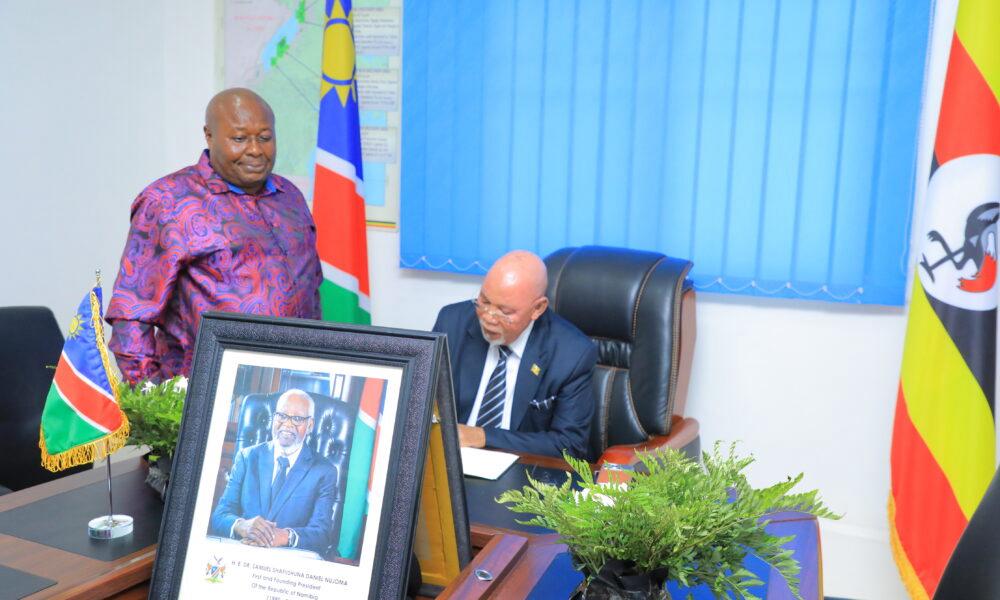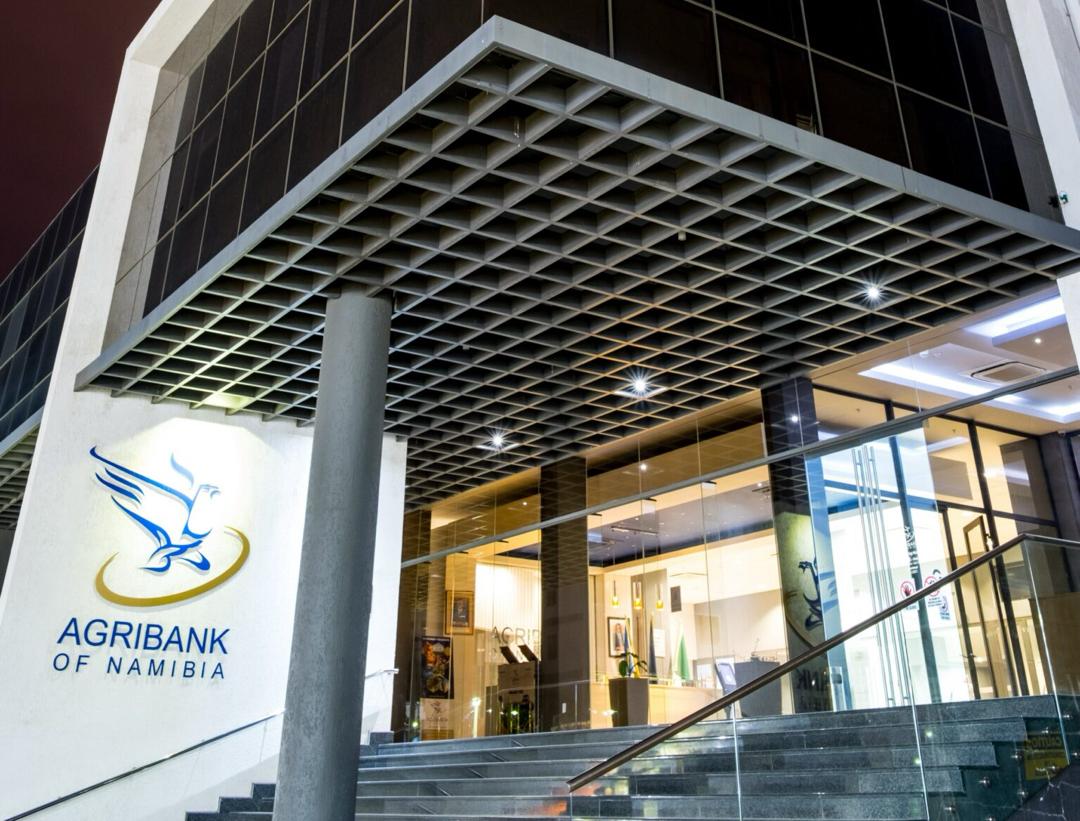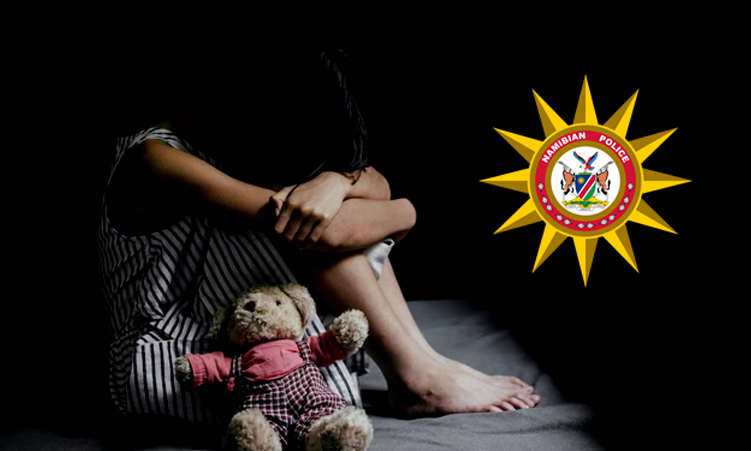Deputy minister of disability affairs Alexia Manombe-Ncube has called on mainstream schools to recognise children with disabilities.
“We have a sector policy on inclusive education and they should recognise this sector policy and take children into the mainstream schools. Children with disabilities also need to go to mainstream schools,” she said at a German Agency for International Cooperation workshop with the theme ‘Inclusivity Means Access to Equitable Education for All’.
Manombe-Ncube said schools like Dagbreek in Windhoek are more skills-based in order to teach children the necessary skills, but children who are academically able can attend mainstream schools.
She emphasised that children who use wheelchairs or crutches or are visually impaired should be included in inclusive teaching at mainstream schools.
The deputy minister said although the country has made steady progress in the inclusion and aid of people with disabilities, there is much to be done to make lives better for them.
Manombe-Ncube said the government has taken considerable steps to assist persons with disabilities, such as the incentive provided by the ministry of finance to provide personal assistance to persons with disabilities.
“Also in our country it has become better, we still have a long way to go,” she said
The deputy minister commended Dagbreek school for its forward-thinking in education for all. She added that the school understands the skills that pupils need to survive in the world.
Manombe-Ncube said the school offers a variety of skills to its pupils, including horse riding, gardening and more.
“I can see the application of environmental friendly methods to make the school a truly green school, the horses we see around here and the exposure of pupils to them, tells a story of care and diversity,” she said.
Speaking at the same event, education specialist Aune Victor said Namibia has policies for inclusive education in place, however, the implementation of the policies falls short. “We might have all of these beautiful policies, but implementation might be hampered, because we don’t go back to the schools and the community to see the rate of implementation,” she said.
Panellist Agness Hausiku shared her personal experience when she, as a child with special needs, had to travel over 500 km to get access to special education.
“As a child, I had to leave home and go to a school at Katima Mulilo for children with disabilities named Cheshire Home,” she said.
Hausiku further stressed the need for the inclusion of children with disabilities in sport.
“There’s a serious need for infrastructure in schools to make it possible for children with disabilities to take part in sport, because right now school sport infrastructure is not inclusive,” she said.
Stay informed with The Namibian – your source for credible journalism. Get in-depth reporting and opinions for
only N$85 a month. Invest in journalism, invest in democracy –
Subscribe Now!










